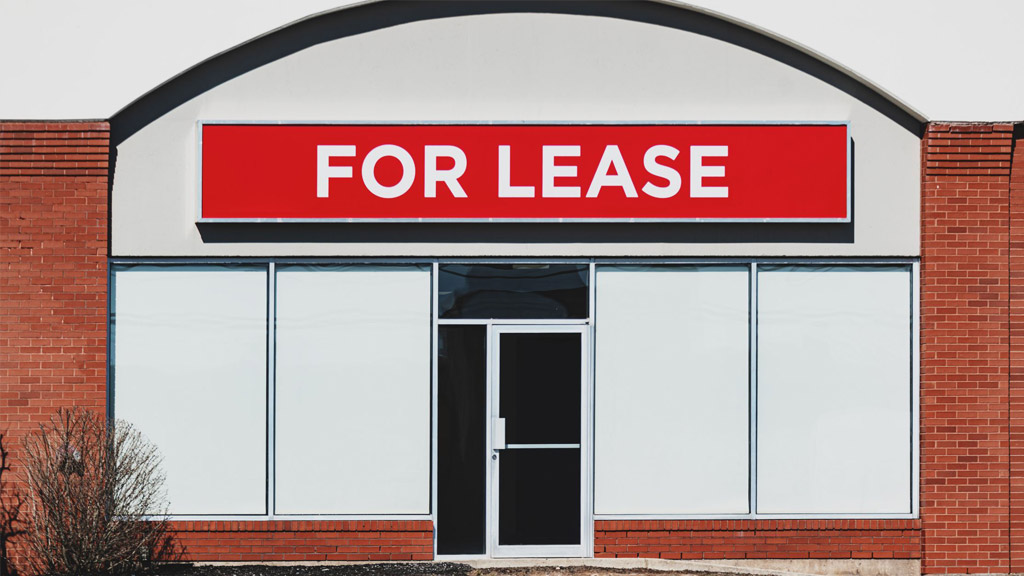
This educational post was provided by SafePark USA.
When you rent commercial space for your family entertainment center, your landlord wants to ensure they are protected from the additional exposures you bring to their space. When our insurance advisers review your lease, we are looking at several key areas to make sure you have the right insurance coverage in place to manage your risks.
- Business Liability Insurance Limits – your lease will likely carry a requirement for commercial liability insurance coverage. This is to protect your landlord should someone be injured on the property while at your business. To ensure you have sufficient coverage, it’s important your insurance adviser knows the minimum limits required by your lease.
- Who is responsible for maintenance of your outdoor spaces?
- Who is responsible for the maintenance of your indoor systems? Are those associated maintenance expenses covered by your landlord’s insurance policy or should they be covered by yours? These are typically things like HVAC systems, building glass, etc.
- Have you made modifications or do you plan to make modifications to your space since you leased it? Any of these updates can change your lease and your exposures. It is important to understand the value of your improvements and how they affect your insurance to ensure you’re paying the proper premium and have the right coverage in place for upgrades.
- There are also basic commercial coverages your landlord will likely require you to have when you sign a lease: Commercial General Liability, Workers’ Compensation, Business Interruption, Commercial Auto, Liquor Liability Insurance (these are just to name a few).
Your lease is a contract that you are obligating not only your business to, but many leases have personal and financial guarantees tied to them. These guarantees are to protect your landlord, whether you are in default, an injury occurs or there is property damage to the premises. Knowing that the landlord is trying to protect their interest in you as the tenant, it’s imperative that your insurance adviser review what those obligations are. It is one of the most important risk management decisions that you can make as a family entertainment center owner or operator.
Sometimes, it is as simple as solving an insurance requirement. Other times, the lease may be obligating you to something that is not insurable. If the lease is asking you to indemnify the landlord for things you have no control over, these are things that need to be addressed before signing your lease. Something that our advisers see in leases with multiple-occupancy strip shopping centers or shopping malls is the landlord asking tenants to hold them harmless and to compensate the landlord against injuries that happen outside of your facility. Even though that is not your premises and even though that is not your premises adjacent. This is an example that needs to be addressed before you sign the lease because if you don’t have an insurable interest then insurance is not going to apply. But if you’ve agreed to this by contract, you may be unintentionally self-insuring for an exposure you had no intention of insuring.
There is a lot of confusion around how insurance policies and lease agreements interact with one another and we often get questions regarding why a review of the lease agreement is important. The bottom line comes to this – your insurance adviser is making sure there are no hidden surprises of uninsurable risks outside of your control and also to understand who is responsible (tenant or property owner) and if the tenant is responsible, there is peace of mind in knowing that your insurance adviser reviewed your lease to ensure there are coverages in place to manage that risk.
